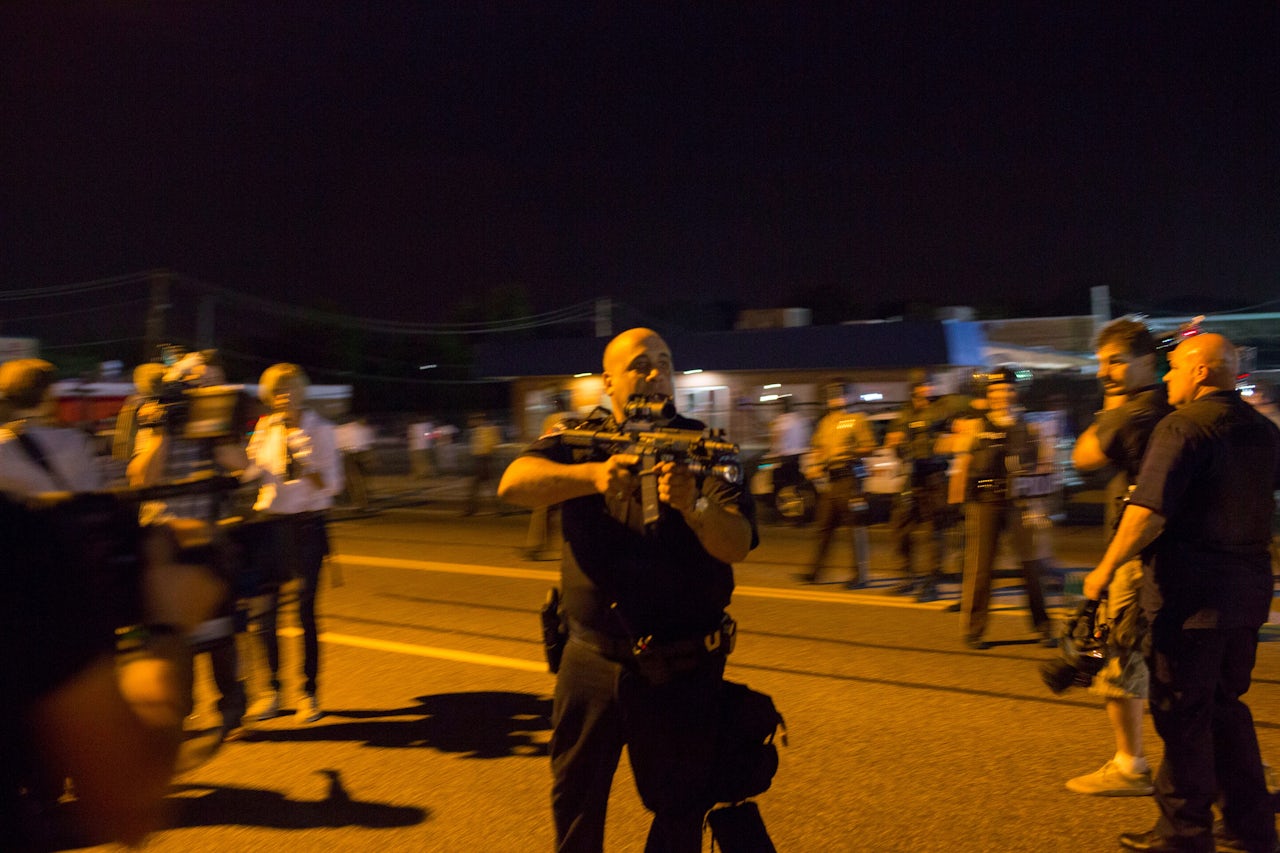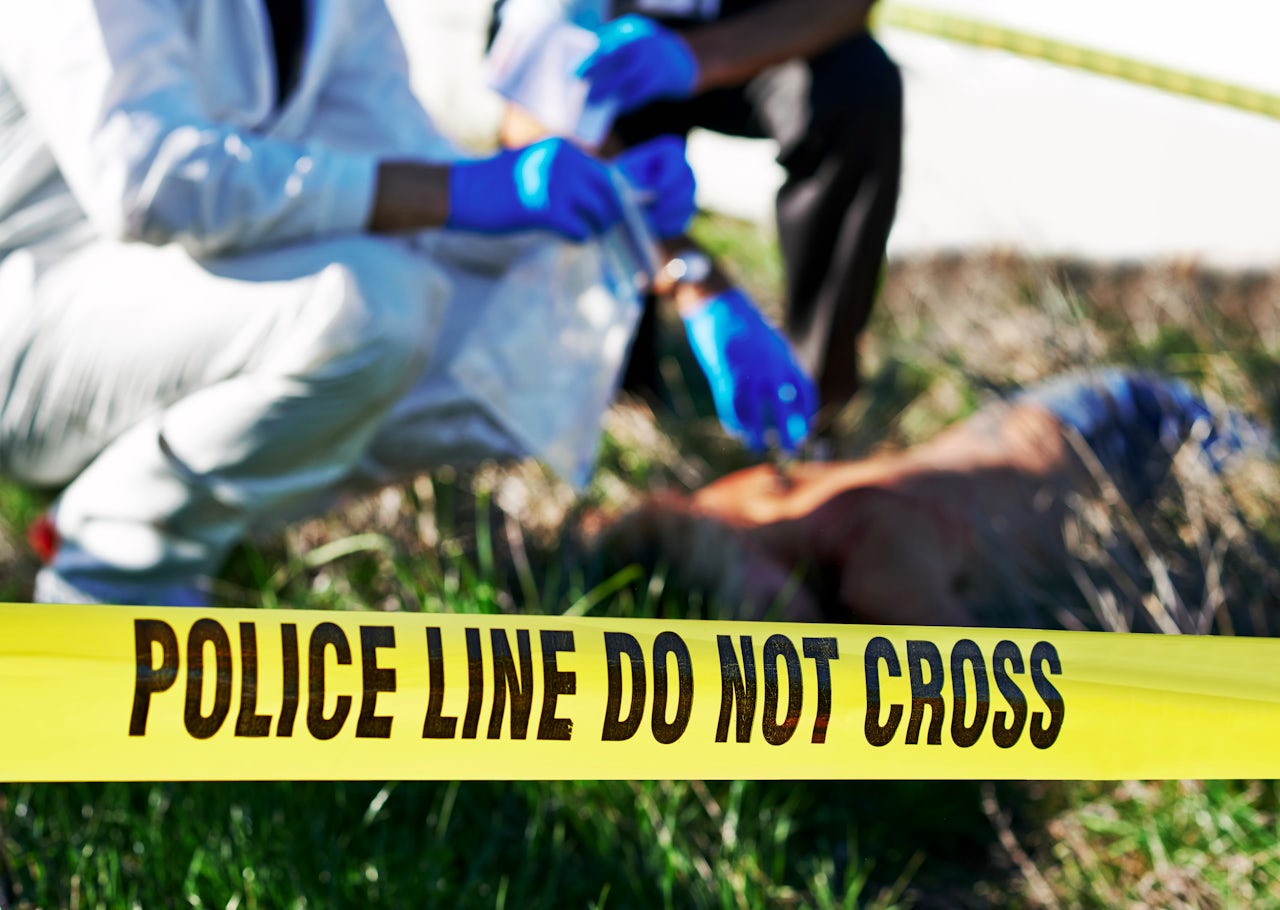A recent documentary from the filmmaker Jason Pollock offers a new perspective on the events surrounding the death of Michael Brown, the unarmed teenager gunned down by police officer Darren Wilson in Ferguson, Missouri, in 2014. Pollock’s film, titled Stranger Fruit, features security footage from the convenience store on the morning of Brown’s death and appears to paint a conflicting picture from the one crafted by Ferguson’s prosecutors, who eventually declined to file charges against Wilson. According to the film, Brown sold employees at the convenience store weed in exchange for cigarillos. The footage included in the prosecution’s case of Brown entering the store and grabbing a pack was of him merely retrieving what was promised to him.
The new footage does not arrive without its own set of questions. Lawyers for the convenience store owners, who in the past said that they didn’t call the police on Brown, described Pollock’s film as a “wild story” that reopened old wounds. The lawyers released their own footage, showing the clerks putting a carton of cigars back on the shelf, proving that no transaction occurred. For his part, Ferguson prosecutor Robert McCulloch called Pollock’s footage a “pretty pathetic attempt at a video production.”
The footage comes as other details and inconsistencies surrounding the Michael Brown case become more apparent. Part of a civil suit filed last year by Brown's family against Wilson, a court docket from December, revealed new details about the specifics of Darren Wilson's exchange with Brown, namely that Brown never actually reached for Wilson’s gun.
The specifics of what happened in the hours leading up to Brown’s death will likely remain up for debate, but one thing is clear: When given the opportunity, a police department’s main focus is creating a narrative that absolves it of responsibility. This isn’t to say Wilson’s account that Brown, after sustaining several gunshot wounds, charged at him “like a demon,” withstanding even more bullets before eventually collapsing, isn’t true. Just that it appears consistent with a very selective reading of the evidence.
Police departments remain one of the most politically powerful groups in the United States. A 2016 study conducted by the organization Campaign Zero found that agreements between municipalities and police unions often ensure that officers aren’t questioned immediately after a use-of-force incident, and routinely guarantee that disciplinary records are deleted after only a few years. It is difficult to say what the purpose of making it harder to remove “bad apples” from the force would be, but it is a question that has been obscured in the several high-profile police shootings of the past few years. Daniel Holtzclaw, the Oklahoma police officer who targeted low-income black women in order to use his position as a police officer to sexually assault them, still received nearly five months of paid leave while the trial was ongoing, and didn’t even face disciplinary action until after 13 women came forward.
Even under the Obama administration, when investigations into police departments seemed to yield positive results, very little could be done to curtail the sheer political might of police unions. A report from the Department of Justice released at the end of Obama’s term found that at the Chicago Police Department, there existed a pattern of excessive force and of retaliation against those who came forward about police misconduct. Last week, CPD released its updated use of force guidelines, an earlier draft of which appeared to take the Justice Department’s findings into consideration. This latest version, however, stops short of making it a priority for officers to de-escalate situations. CPD “will use de-escalation techniques when it is safe and feasible to do so based on the totality of the circumstances,” the guidelines state, offering enough legalese to render the rule insignificant. The new guidelines offer no rules on illegal uses of police vehicles, namely reckless driving and blockading. A consent decree, which would force CPD and other departments found violating citizens’ civil rights to comply with federal guidelines, is unlikely under the Trump administration, and especially under Attorney General Jeff Sessions, who during his confirmation said that “[police departments] often feel forced to agree to a consent decree just to remove that stigma, and sometimes there are difficulties there."
To be a police officer in America is to be essentially above reproach. It means you can assault poor women for over a year without getting caught, or that you can kill someone on the job and not have to answer any questions about it for several days. The Brown revelations tell us to assume that the police version of any incident is not telling the entire story. What reason do police have to tell the truth? They’ve guaranteed that they can get away with lying.


